ED KISAKA VOWS COMMITMENT TO SOLVING SOLID WASTE MANAGENT CRISIS IN KAMPALA
PUBLISHED — 27th, August 2024Dorothy Kisaka, the Executive Director of the Kampala Capital City Authority (KCCA), has vowed to continue efforts to manage the city's waste effectively in the wake of the recent collapse of the Kiteezi landfill.
The tragedy, which occurred on August 10, resulted in the deaths of at least 35 people and has left the city grappling with a big garbage management crisis.
Speaking during an appearance on "The Big Talk" with Canary Mugume on Next Radio on Monday, Kisaka addressed the issue head-on, emphasizing the urgency of finding sustainable solutions.
"Had we been negligent and not done anything about the Kiteezi issue, I would be the first to say I resign. I cannot run away from this challenge before I finish what we started. We care a lot about Kampala. It is our City," Kisaka said.
The Kiteezi landfill, which has served as Kampala's primary waste disposal site since 1996, has been a critical concern for KCCA in the last 9 years.
"We have actively advocated for decommissioning Kiteezi, we have lobbied for funds to decommission Kiteezi, and we have looked for alternatives to Kiteezi landfill," Kisaka said.
Despite the challenges, Kisaka reiterated that Kiteezi has remained a top priority for KCCA.
"Recently, we set out our agenda for this financial year. Top on the list was roads improvement and Kiteezi. We have tabled this to Parliament several times," she said.
The recent collapse highlighted the pressing need for better waste management strategies, a responsibility that Kisaka insists cannot be taken lightly.
"This is a very sad event, and we want to use it to improve how we manage our garbage right from our homes," Kisaka said. She further mentioned that KCCA, along with other organizations, has been actively supporting the victims of the collapse, demonstrating the city's commitment to finding a resolution.
Kisaka also highlighted the broader scope of the garbage issue, noting that waste collected at Kiteezi comes from various places, including Nansana Municipality, Mukono district, Entebbe municipality, and Mpigi district.
"This will take each one of us doing our part," she urged.
In light of the landfill's collapse, KCCA is urgently seeking long-term solutions for waste management.
Temporary alternatives such as the Menvu and Katikolo landfills have been identified, but Kisaka stressed that these are short-term measures. "Government is committed to funding the short-term priorities, and we do not have beyond three months to achieve this," she added.
To further address the issue, KCCA said more waste bins will be installed around the city and is actively sensitizing the public on better waste management practices.
Kisaka also underscored the importance of looking at the long-term efforts like establishing a waste to energy facility, recycling plant, at KCCA's 135-acre land at Ddundu in Mukono district and decommissioning Kiteezi landfill.
Salim Uhuru, the Mayor of Kampala's Central Division, also weighed in, emphasizing the need for collective responsibility.
He pointed out the financial challenges KCCA faces, noting that while the authority has met its revenue collection targets, much of the money is redirected to the Uganda Revenue Authority, leaving KCCA with limited funds.
"I do not support the blame game going around. We should all take collective responsibility," Uhuru stated, echoing Kisaka's call for unity in addressing the waste management crisis.
News & Announcements
7th, January 2026
7th, January 2026
6th, January 2026
5th, January 2026
2nd, January 2026
23rd, December 2025
22nd, December 2025
20th, December 2025
19th, December 2025
18th, December 2025




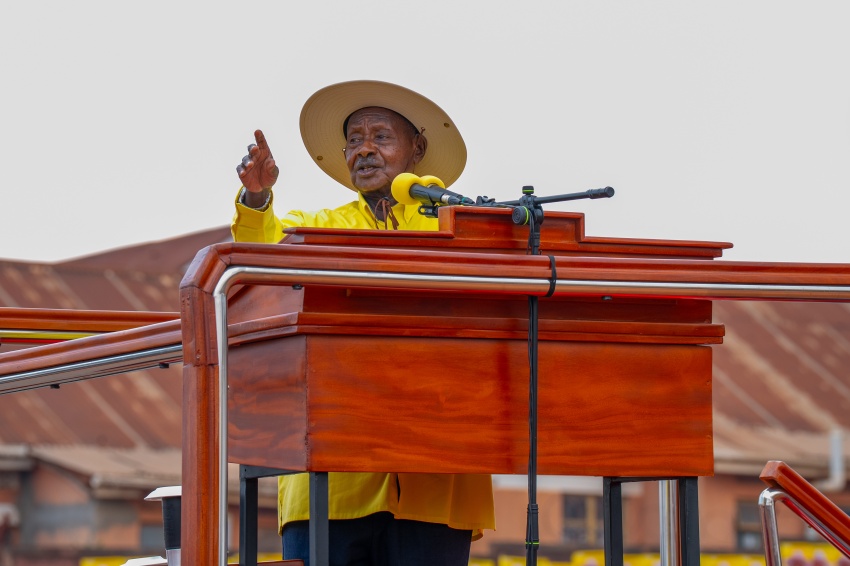

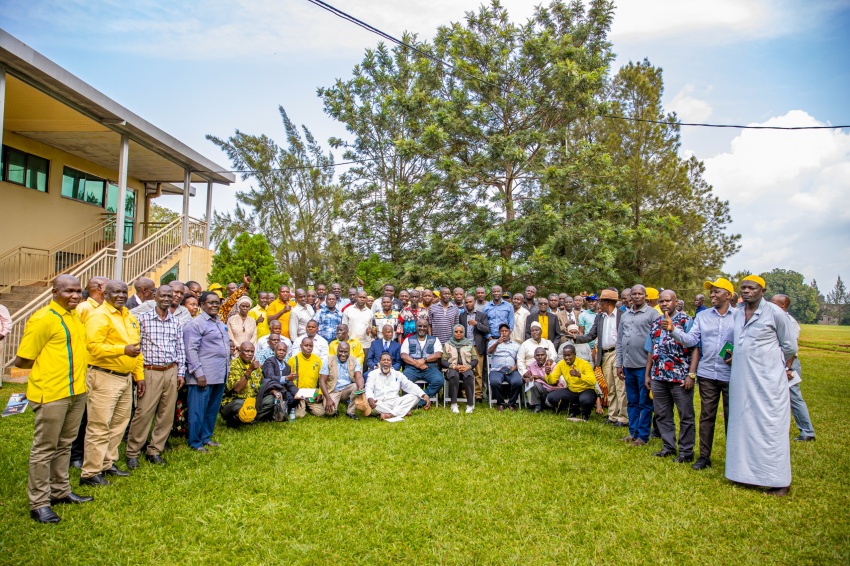
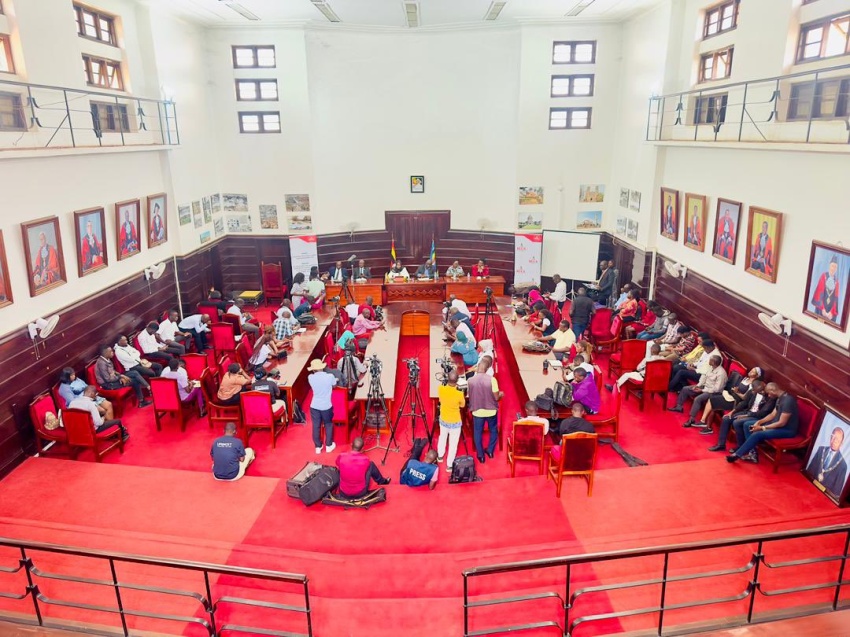

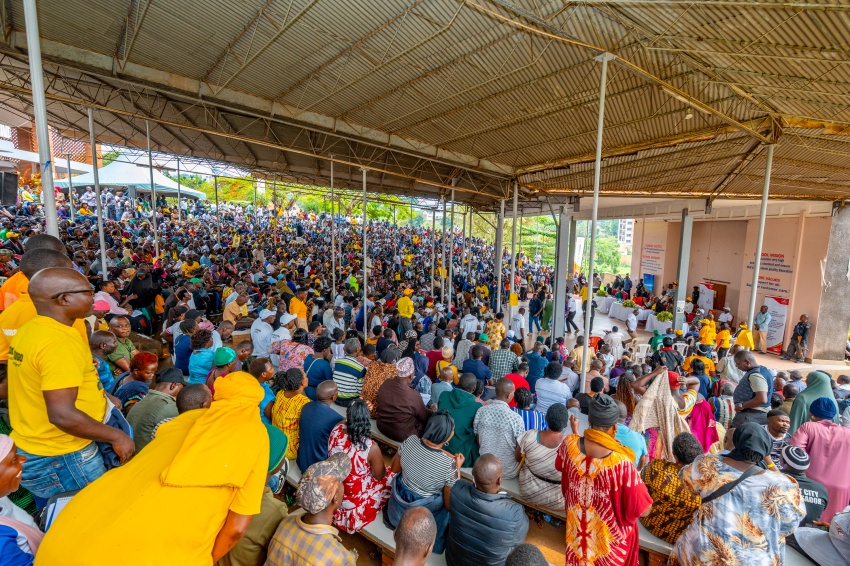

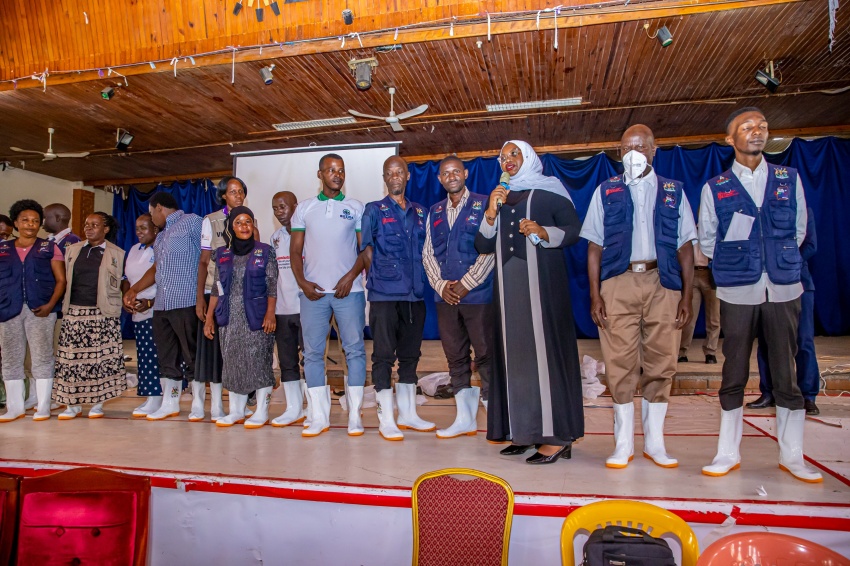









Development partners